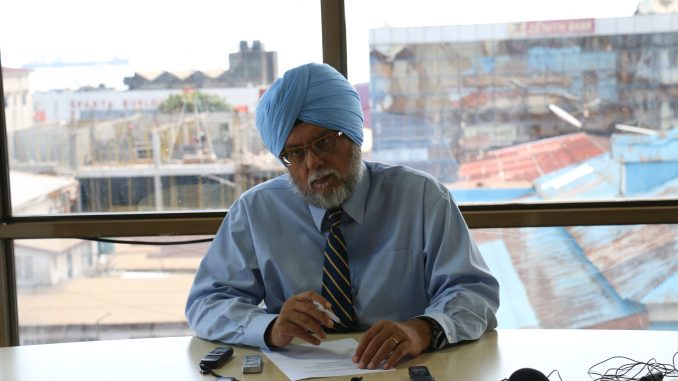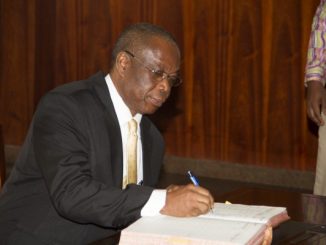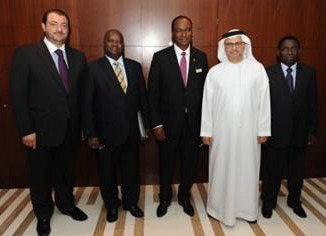
FREETOWN, July 6, 2017 — Sierra Leone is receiving a US$30 million International Development Association (IDA) credit from the World Bank Group to support the financing of Government’s development programs articulated in the Agenda for Prosperity and the President’s Recovery Priorities. The Sierra Leone First Productivity and Transparency Support Credit (PTSC-I), approved by the Bank Group Board on June 30, 2017, aims to support the Government’s efforts to achieve sustainable and inclusive economic development through increasing productivity in selected economic sectors, and improving transparency and accountability in selected government decision-making processes.
This operation is the first of a three-year programmatic series that covers six policy areas namely: agriculture and land, fisheries, energy, education, procurement, and asset disclosure.
The reform programs of the government being supported under this program relate to the following areas: supporting seed production and distribution by the private sector, a new fertilizer policy that encourages private sector participation in the supply and distribution of fertilizers, moving ahead with the Land Policy Implementation Plan, ensuring that all industrial fishing vessels have a Vessel Monitoring System (VMS) or Automatic Identification System (AIS) and observers on board, EDSA has an approved strategic plan, Ministry of Education, Science and Technology (MEST) has an agreed timeline for the transfer of files, records and functionaries from MEST to the Teaching Service Commission (TSC), government has approved the implementation of an eProcurement system, and the asset declaration system of the ACC is being fully implemented.
Sierra Leone’s economy has been severely hit by the persistently low iron ore prices in the wake of the Ebola crisis, with severe adverse consequences on growth, export receipts and fiscal revenue. The World Bank projections indicate that poverty has increased to 49 percent in 2015, up from 46 percent in 2014 because of the sharp contraction in per capita income in 2015 but this downturn phase seems to have ended with the moderate economic recovery in 2016. However, the fiscal situation remains very challenging in the context of weak domestic revenue mobilization and continued pressure on public expenditures.
In addition to supporting the country’s macroeconomic stabilization efforts, the new program promotes the diversification of the sources of growth, employment, exports, and domestic revenue, to build resilience and promote social stability. Therefore, the program shifts the areas of concentration from traditional public finance management that is well covered by other donors to focus on structural reforms in the productive sectors where the poor are concentrated, especially agriculture and fisheries, and on two areas critical for long term growth and economic diversification, namely energy and education.
“The funding will support critical policy reforms in productive sectors and in governance to promote sustainable and inclusive growth and build economic resilience,” said Parminder Brar, World Bank Country Manager for Sierra Leone.
Contacts:
In Sierra Leone: Moses Alex Kargbo, +232 76 345, mkargbo@worldbank.org
For more information about the World Bank’s work in Sierra Leone visit: http://www.worldbank.org/en/country/sierraleone
For more information on the World Bank’s work in Africa, please visit: www.worldbank.org/afr
Friend us on Facebook:
http://www.facebook.com/worldbankafrica
Follow us on Twitter:
https://twitter.com/WorldBankAfrica
Watch our videos on YouTube:
http://www.worldbank.org/africa/youtube



